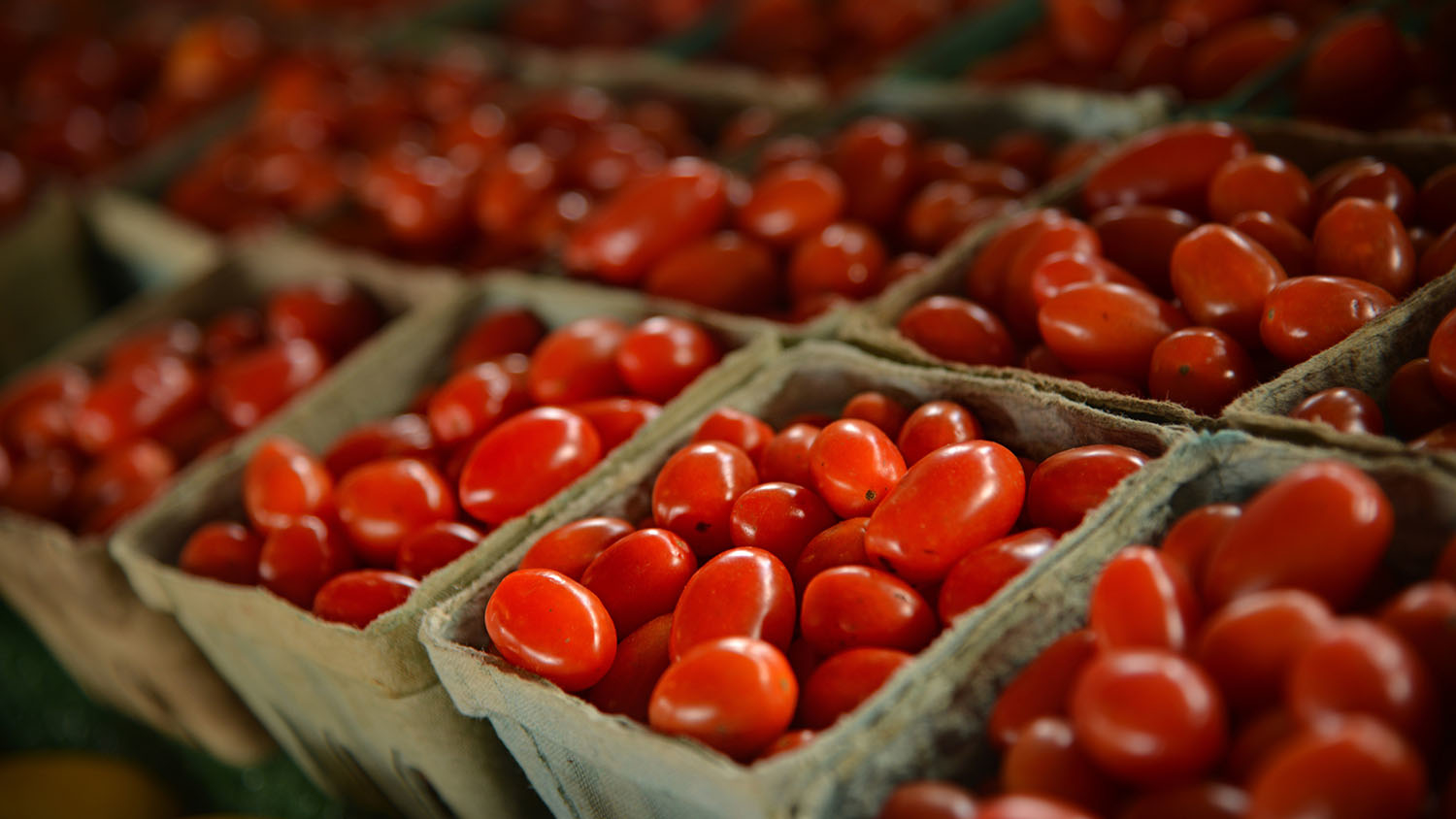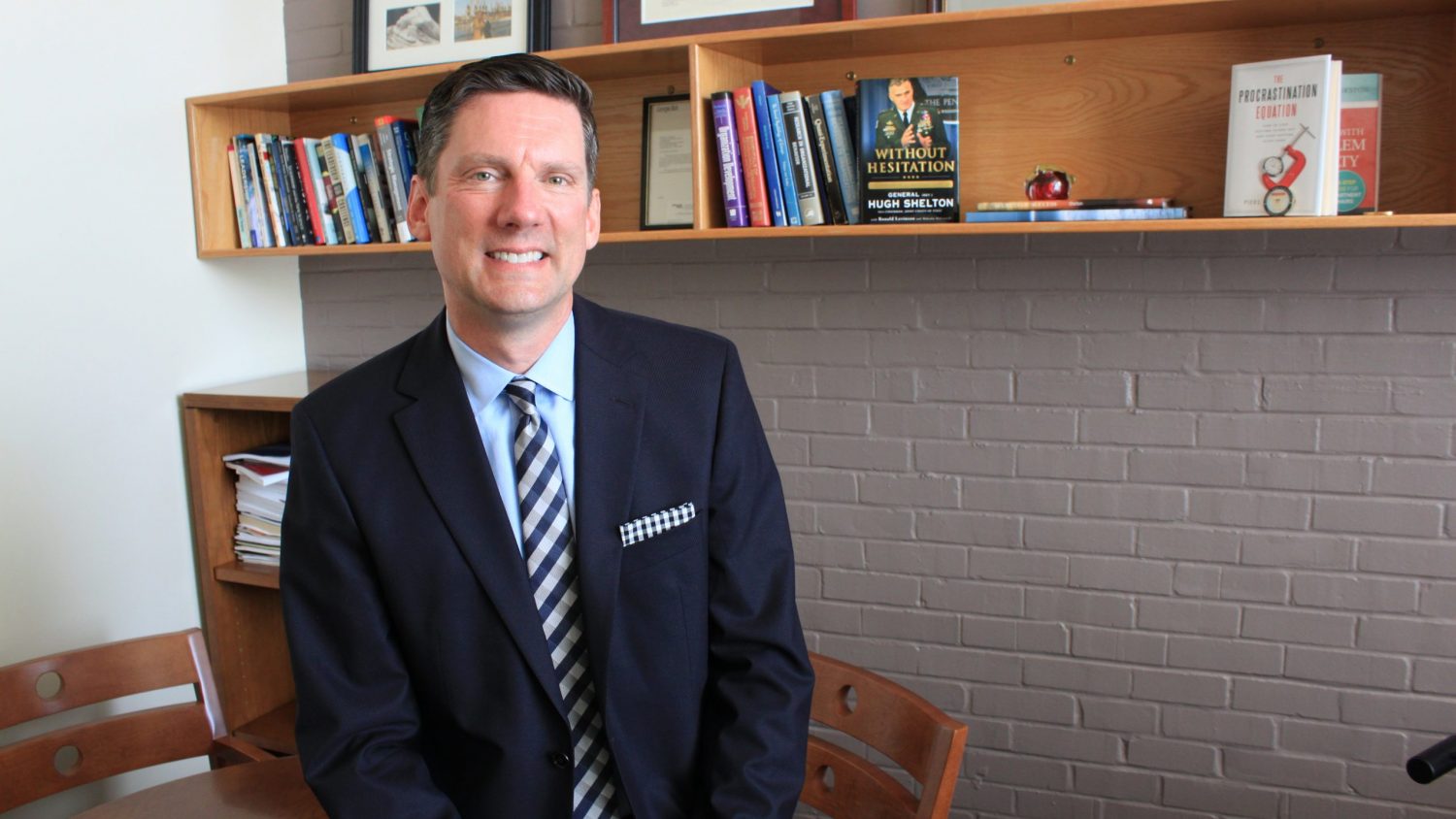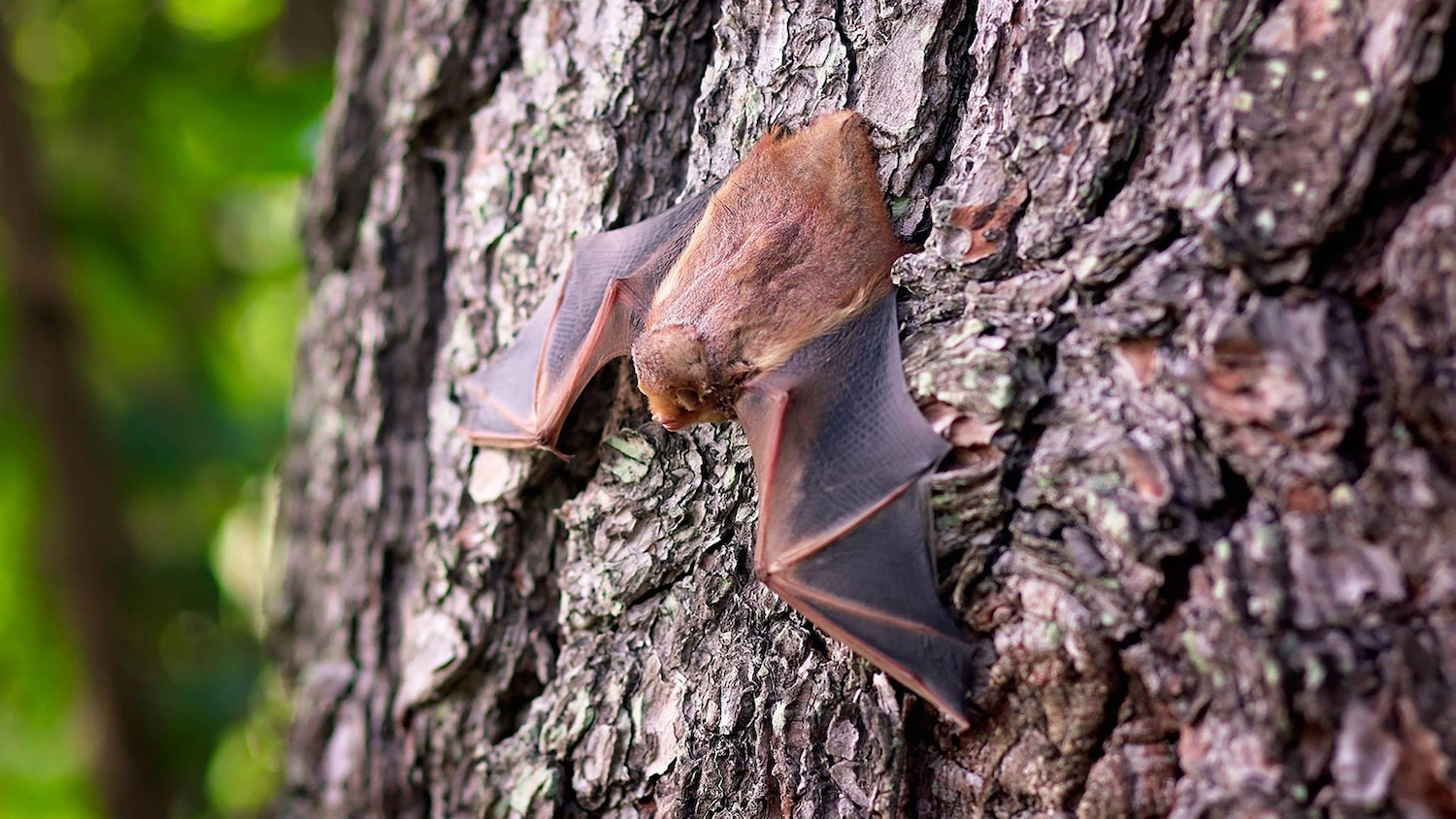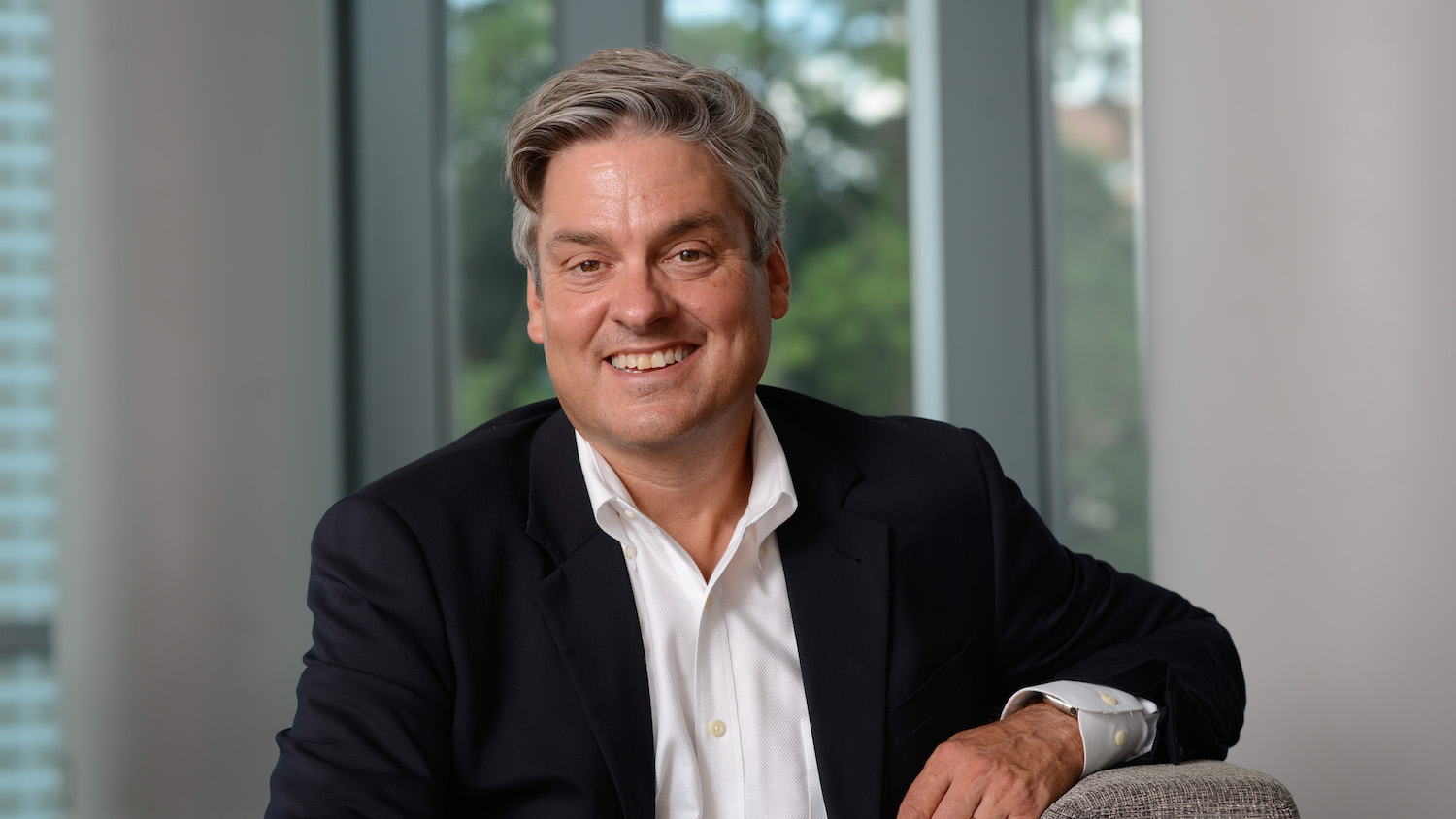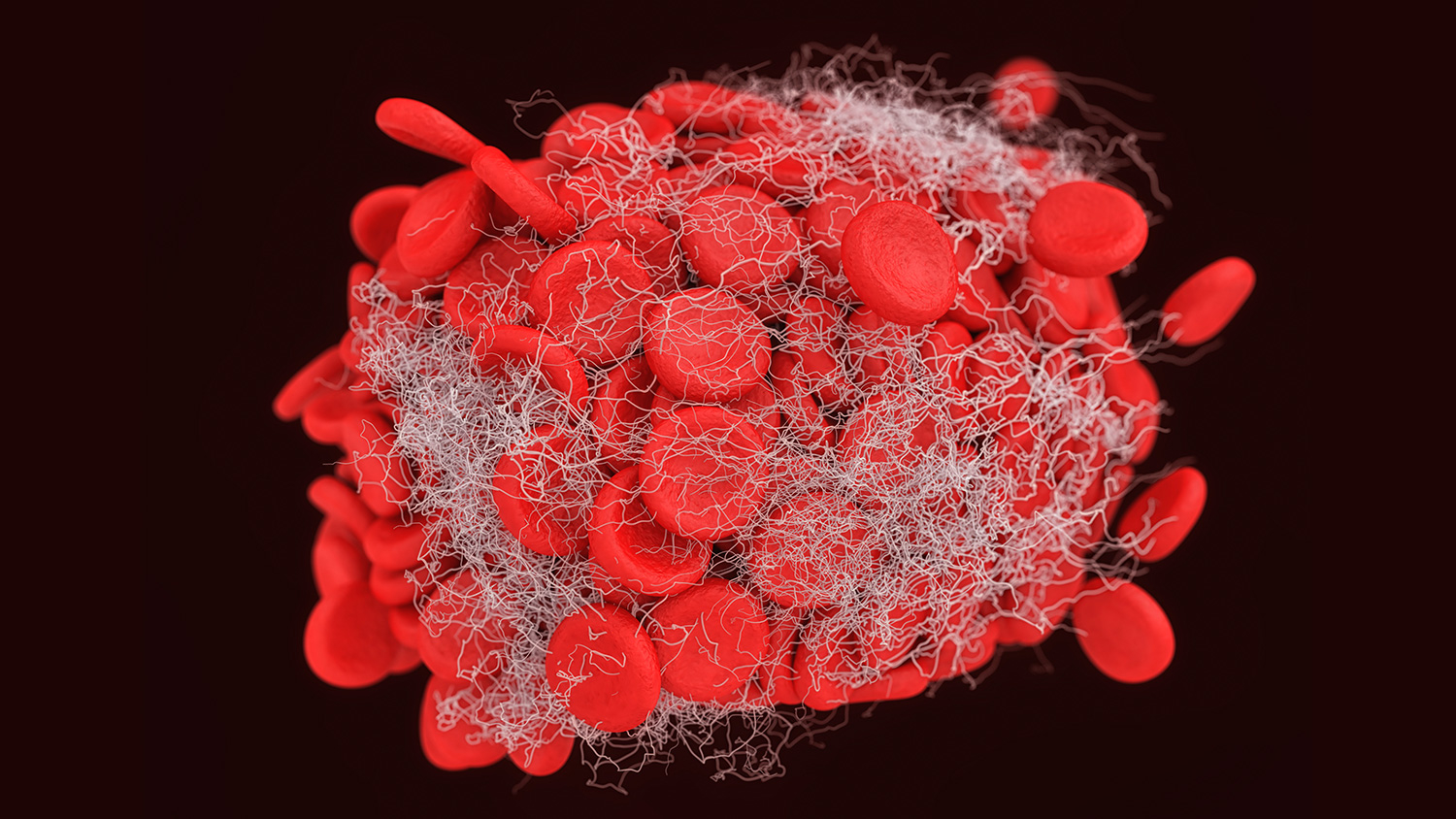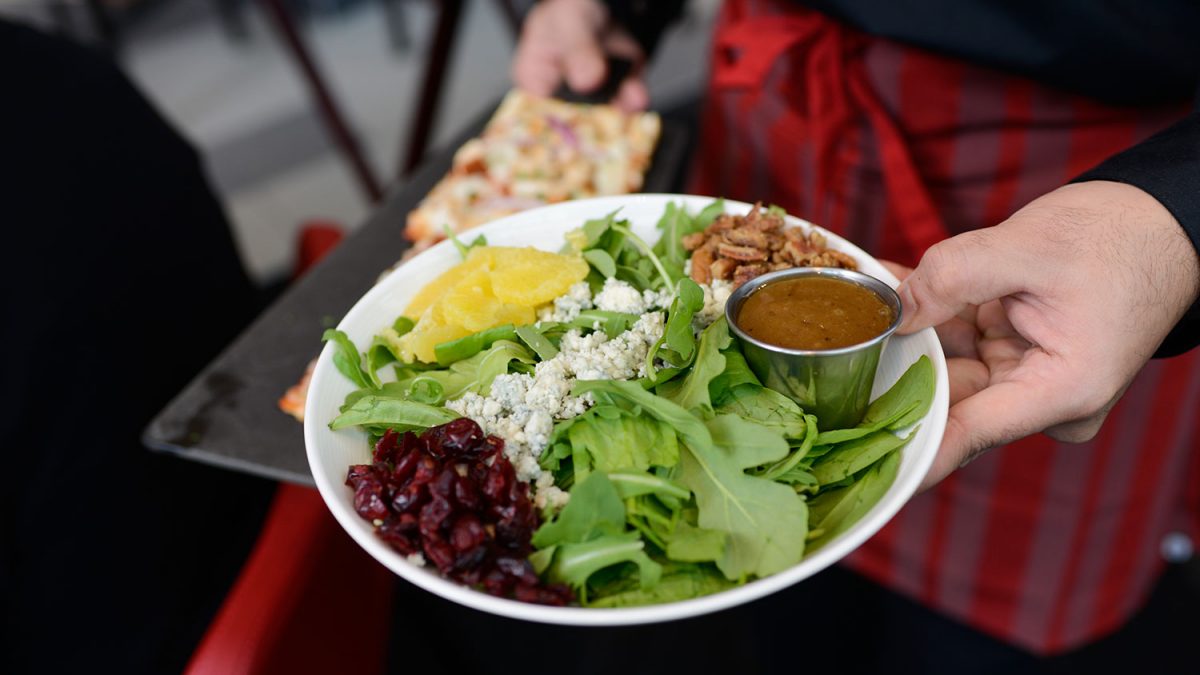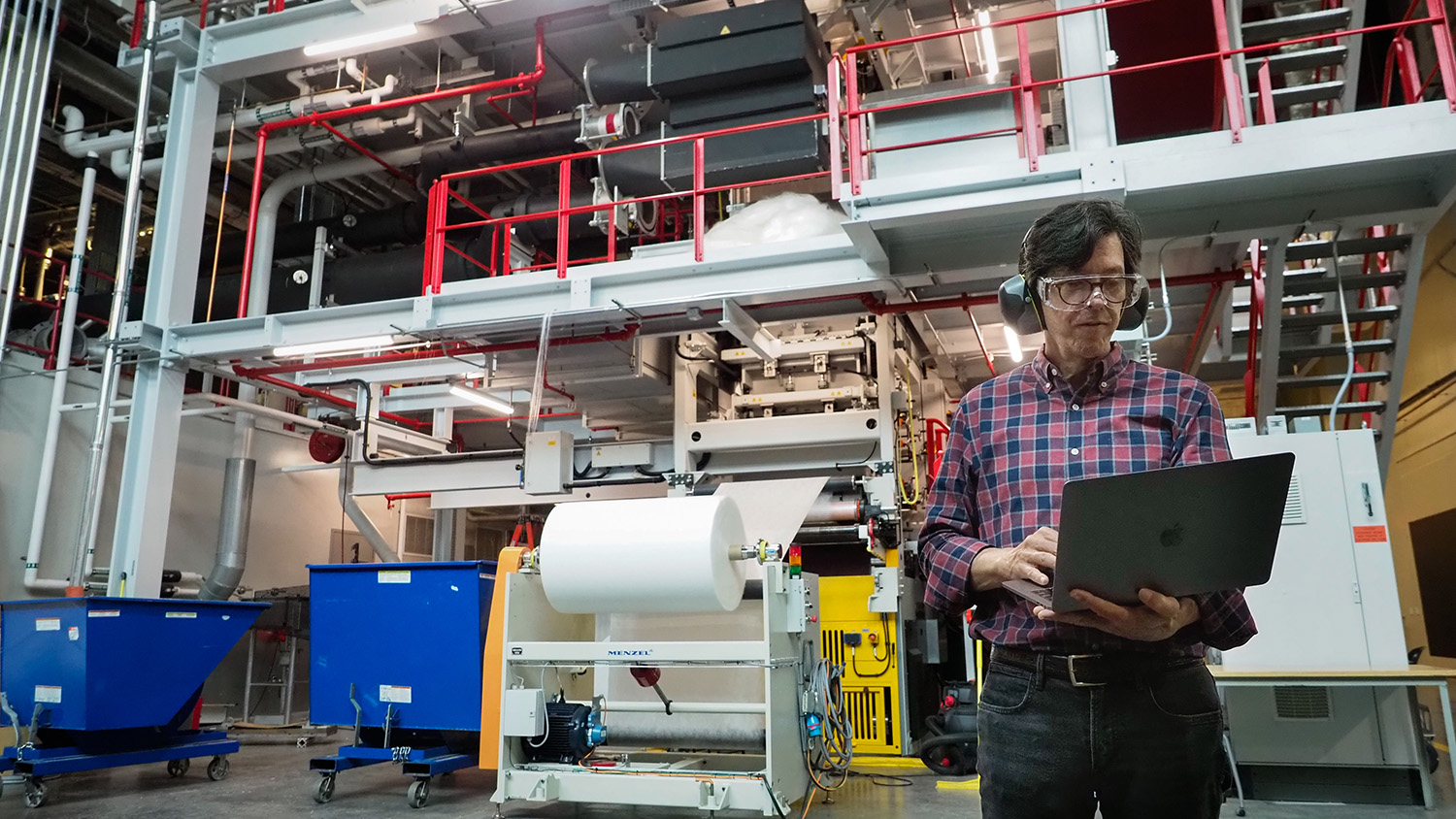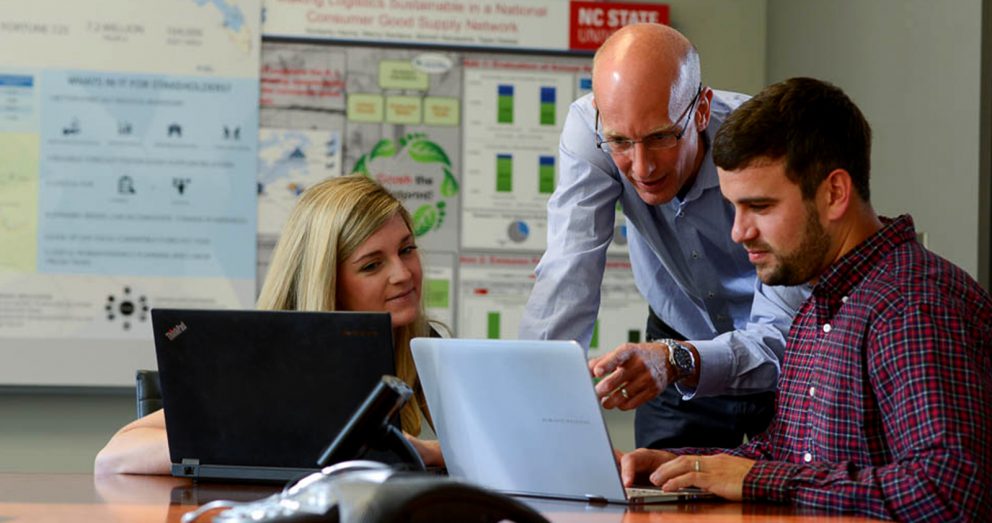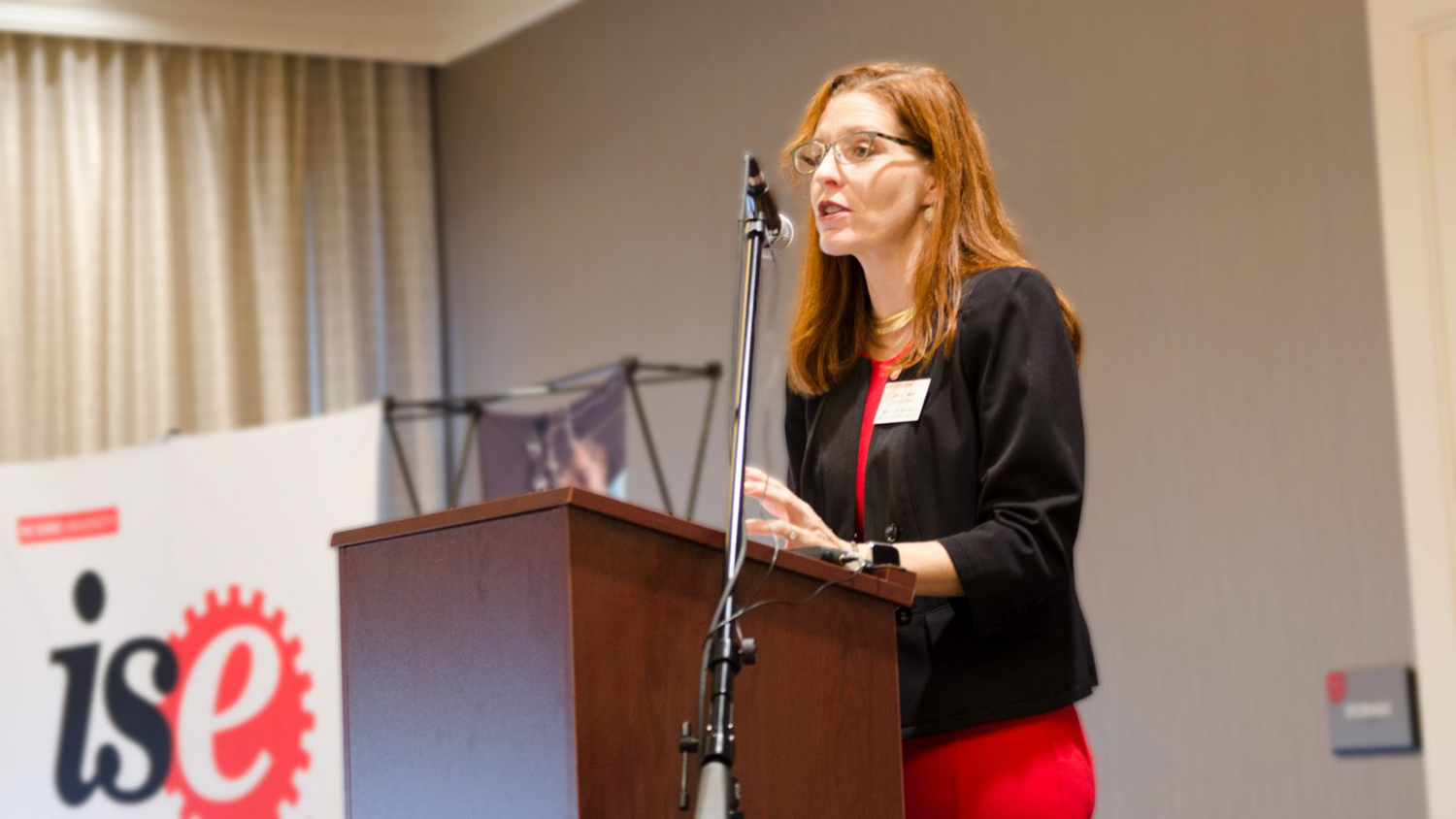Apr 21, 2020
Custom Clotting Particles Could Help Heal Chronic Wounds
New technology could transform the way doctors treat chronic wounds, which affect more than 6 million people in the U.S. each year. Chronic wounds, such as diabetic ulcers or deep-tissue burns, heal slowly or not at all and are thus prone to infection -- which can lead to severe consequences. Ashley Brown, the leader of NC State’s Advanced Wound Healing Lab, has teamed up with Fran Ligler, the Lampe Distinguished Professor of Biomedical Engineering at NC State, on the patent-pending technology to address this challenge.
